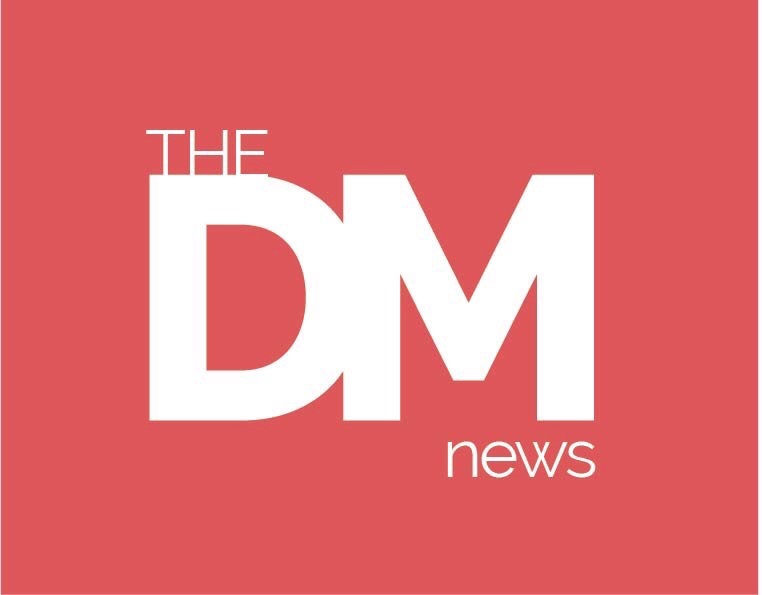Tuition rates for in-state students at all eight of Mississippi’s public universities are expected to rise by an average of 4 percent for the fall 2018 semester after the Board of Trustees of the Mississippi State Institutions of Higher Learning approved the first motion for a hike in tuition fees at an April 19 meeting.
The board also approved increases in costs for out-of-state students, though several universities requested and received approval to waive their non-resident fees.
If the hike is approved at the next Institutions of Higher Learning hearing in May, Mississippi’s universities will follow the national trend of increasing tuition rates across the board.
During the 2018 fiscal year the annual tuition cost per year for an in-state student at the University of Mississippi was $8,190. If approved, the proposed increase would change that total to $8,550 for the 2019 fiscal year.
“Students must continue to receive a quality education that will prepare them to compete successfully in a global economy,” commissioner of higher education Glenn Boyce said. “Universities must have the resources necessary to provide the quality education our students expect and deserve.”
This year’s increase marks a $360 rise in cost of in-state attendance. Over the past ten years, in-state cost of attendance has risen nearly $3500 from the 2009 mark of $5,106.
Though it is natural for costs to rise because of inflation, tuition costs both in Mississippi and across the nation have risen much more quickly in recent years than they would have if inflation were the only driving force behind the hikes.
In 2016, the U.S. Census Bureau listed the median household income for Mississippi at $40,528. The estimated cost of attendance at the University of Mississippi for the 2017-18 school year was $24,812 (this includes tuition, housing, food and other expenses).
Twenty percent of the state is listed as living under the poverty line.
A 2015 Federal Reserve study found that from 1985-2011, the average college tuition in the United States rose 498 percent, though general inflation rose only 114 percent. This means that during this period of time, college tuition rose four times faster than did the overall rate of inflation.
University of Mississippi Vice Chancellor for Administration and Finance Larry Sparks said that as government funding for higher education at the state level decreases, universities across the country are being forced to charge students higher rates to pick up the slack.
Sparks said that in 1979, state appropriations accounted for over two-thirds of the University of Mississippi’s core operations budget. In 2018, state funding makes up a measly 13 percent of core funds for the university.
“There’s been an erosion,” Sparks said. “It’s not just Ole Miss. It’s not just the state of Mississippi. It is public higher education in the United States.”
During his 35-year career in finance, Sparks said he has seen a steady change in how public higher education operates as a whole. Namely, he said that, over time, public education has increasingly operated in a manner similar to that of an industry: Students are now customers required to pay top dollar for their education, which is seen as a personal investment.
“Public education is stuck straddling a fence right now,” Sparks said. “We’re being forced to be more business-like and entrepreneurial and to have return on investment.”
Sparks also said the highest expense the university incurs is payment of its employees, who, according to Sparks, are Ole Miss’ most valuable resource.
Students’ tuition dollars pay for amenities that students 20 years ago did not have the chance to enjoy. However, Sparks does not see the current business model of undergraduates footing the bill for these perks as sustainable.
“I think higher education has got to change,” Sparks said. “I think higher education has got to figure out what is a more efficient model to deliver our product. We can’t just continue to shift the burden from tax payers to students.”
Despite the fall 2018 increases, Mississippi will still have some of the cheapest university tuition rates in the country.
According to the Mississippi Public Universities website, students will pay less than do their peers in neighboring states, in which tuition averages $9,201 in Alabama, $7,586 in Arkansas, $8,102 in Louisiana and $8,806 in Tennessee.
Across the nation, state average tuition rates for public universities range from $4,178 (Wyoming) to $15,062 (Vermont).
“We’re actually considered a fairly affordable four-year school nationwide, but that doesn’t mean those costs are insignificant,” said Laura Diven-Brown, director of financial aid. “That’s why we’re working with 80 percent of the students every year to find forms of aid to cover that.”
















